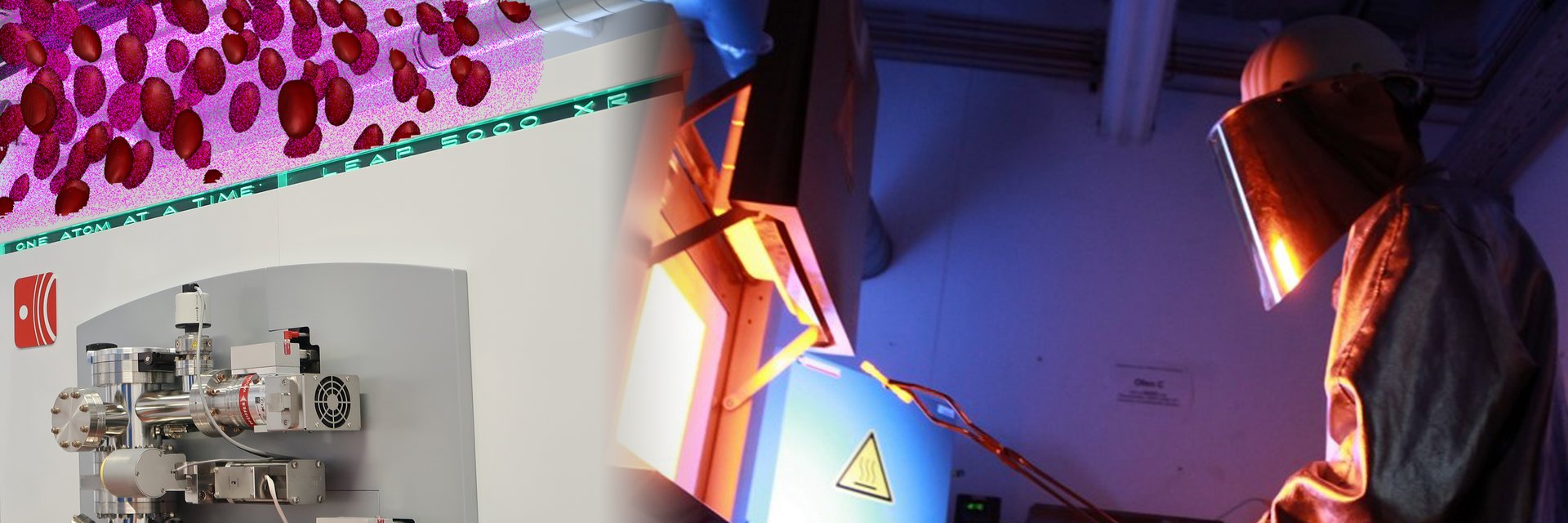Christian Doppler Laboratory for Knowledge-based Design of Advanced Steels (KnowDAS) – from ab initio methods to components produced with low CO2 emissions
Steel development projects will already have an environmentally oriented objective in the near future. To reduce CO2 emissions, the steel industry is aiming to increase the proportion of scrap in its production. To achieve this, the manufacturing technology used must be changed from the blast furnace route to electric arc furnaces. However, the increased use of scrap increases the amount of undesirable tramp and trace elements.
For demanding applications, it is important to know the amount and type of these trace elements and subsequently determine their influence on the nano- and microstructure, mechanical properties and workability of the steel. An accurate understanding of these parameters is a prerequisite for the development of steels with a lower carbon footprint and is therefore the main research focus of this CD laboratory.
The research approach includes experimental methods paired with simulations and calculations. Scale-bridging methods are used, starting from the atomic level, up to the application of components. Detailed characterization of impurities using spectroscopic and tomographic analysis methods contributes to the understanding of materials at the atomic level. Time-consuming and costly experimental methods are supported by computational materials science, such as ab initio calculations, to minimize the effort. The computational calculations and models are in turn validated by extensive experimental studies of the actual microstructure formed in the steel and the resulting structure-property relationships.
Thus, this CDL enables research at the atomic level all the way to the finished steel workpiece and implements validation between experiments and calculations at all levels. By revolutionizing steel production, this CD lab thus makes a significant contribution to current key issues such as sustainability, energy saving and recycling.
